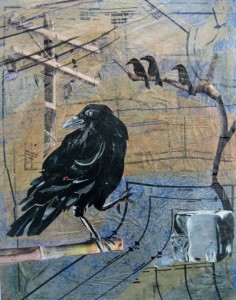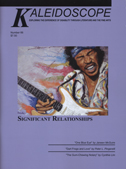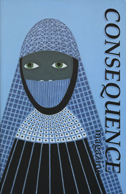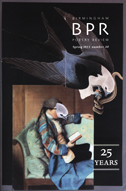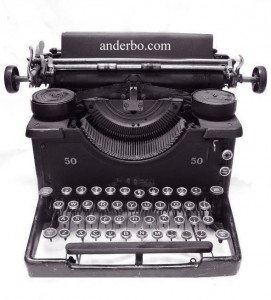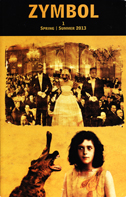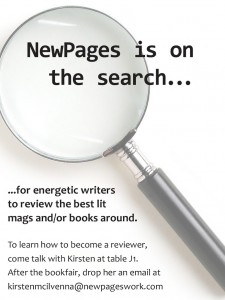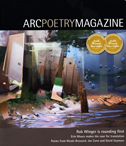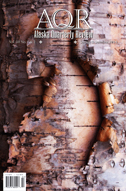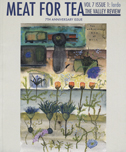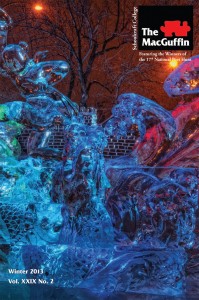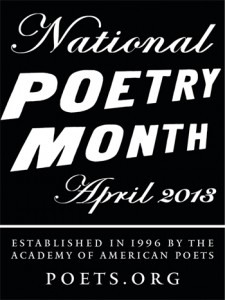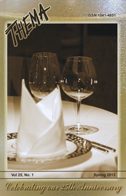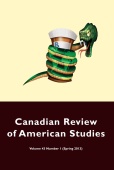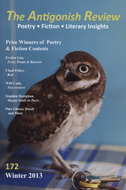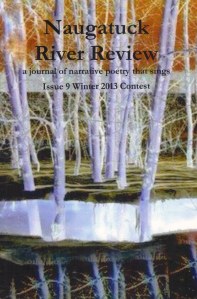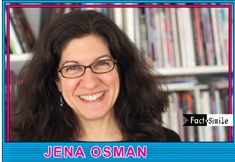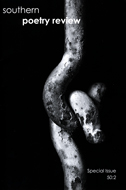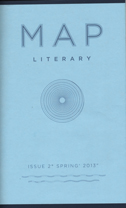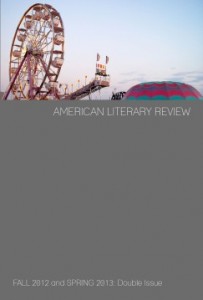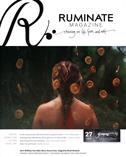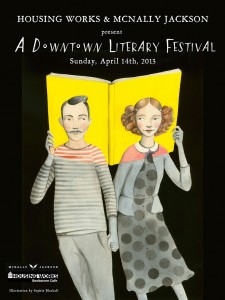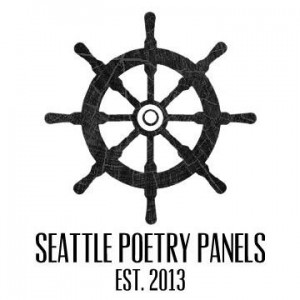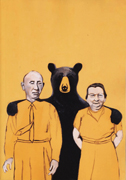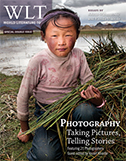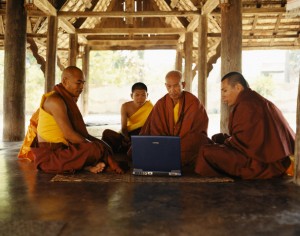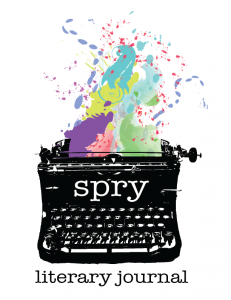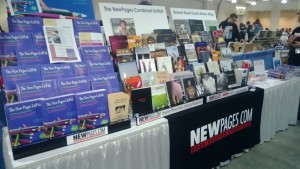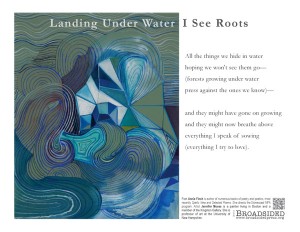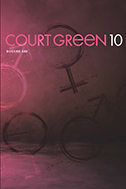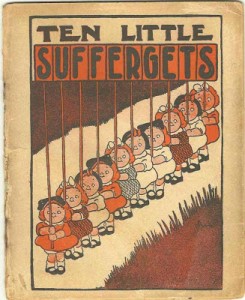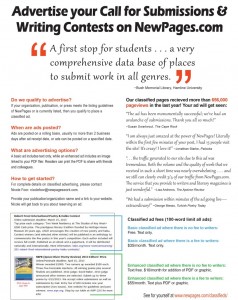A friend and colleague who is familiar with the Boston area shared the following with me when I asked her: “What should I do/see while I’m in Boston? If you could tell me one really great/cool/fantastic/don’t-miss-this ‘thing’ about Boston what would it be? And then, add all the runner-ups to that one best thing.” She couldn’t contain herself – obviously, she’s a fan of the area – so here’s what she sent me and agreed to allow me to share. So, thank you Lauren!
Sights/things to do very near the conference
1. The Prudential (the Pru) Building and Top of the Hub: Wonderful view of the city from the top of a landmark building. The food and drinks are way overpriced, but you could splurge on maybe one drink.
2. The Hancock Tower: Another cool building. It’s not as tourist-friendly as the Pru, but people enjoy the view.
3. Trinity Church: Beautiful old church and set for many movies.
4. The Trident Booksellers and Cafe: A MARVELOUS independent bookstore on Newbury Street (one street over from Boylston). A staple of progressivism, too.
5. If the weather is bearable, and you like looking at old architecture, you could spend a few hours walking around the Back Bay neighborhood. Boylston, Newbury, Commonwealth, Marlborough, and Beacon Streets are the major thoroughfares. Boylston is probably the least interesting, but it’s home to lots of lunch and coffee places (mostly chains from what I remember). Newbury Street is for art and fashion – this is where the rich and au courant live. You might find more adventurous lunch places along Newbury. Commonwealth, Marlborough, and Beacon are residential and lined with beautiful brownstones. Commonwealth is a wide street with little spots of green in it.
6. The Public Garden: You get to this historic, European-style garden from the end of Boylston or Newbury Street. Serene and dignified.
7. Across from the Garden is the Boston Common, a larger and less refined park. It is the oldest public park in America, though, and it offers the starting point for the Freedom Trail. If you like colonial history, it’s cool to walk the Freedom Trail. Sometimes, you end up on it accidentally – it’s marked with a big red line. I recommend a stroll through the Common if you want to see normal Bostonians in action.
8. The Isabella Stewart Gardner Museum: A quirky, gorgeous museum with a great restaurant. You can take a cab or the T (Get on at the Pru station and take an E train to the “Museum of Fine Arts” stop).
Food and drink near the conference
1. The Cactus Club: Decent Mexican food and margaritas.
2. Bukowski Tavern: One of my favorite bars of all time!!! Large selection of beers in a cozy environment. I suggest bringing a book, a tablet, your lovely spouse, etc., and settling in for a few hours. It will likely be packed the whole time we’re there – it’s a hipster mecca already, and with this hipster conference in town…still, worth it!
3. Legal Seafoods: A favorite with seafood fans. Very corporate but also very good. Inside the Pru.
Food and drink somewhat near the conference
1. Beer Works: For your microbrew needs! It might be easier to take the T there (Green Line to Kenmore or Yawkey), but it really wouldn’t be that far of a walk. It’s nothing special in terms of food and decor, but the beers are tasty. It’s next to the famous Fenway Park.
2. Addis Red Sea: Amazing Ethiopian food. Likely to be crowded, and worth the small cab fare it will take to get there.
3. The Green Dragon Tavern: Charming, friendly old bar dating back to the Revolutionary War. Take the Green Line to Government Center.
4. The Union Oyster House: I’ve never eaten there, but it’s a Boston institution. For chowder and lobster. Take the Green Line to Government Center.
5. Brown Sugar Café: Excellent Thai food! Somewhat T –accessible, but it’s probably easier to take a cab.
CAMBRIDGE INFO
If you have the time, I definitely suggest a side trip to Cambridge, an intensified, bigger version of Ann Arbor [a Michigander reference]. Harvard Square is easy to get to by T (the Red Line to “Harvard Square”), and it’ll offer you no shortage of cool places to visit.
You can get great, great beer at John Harvard’s. It’s a little stuffy for a brewery, but I like it better than Beer Works. I’m also fond of Shay’s – although their website makes it look more upscale than I remember.
For a more working-class, grubbier part of Cambridge, go to Central Square (Red Line to “Central Square”). You can get a feel for it walking up and down Massachusetts Avenue (the main street in Cambridge). Western Avenue and Prospect Street are also fun to explore. The best Indian and Middle Eastern food and markets are found here.
Go to either location of the 1369 Coffee House if you want to hear people planning the revolution.
My favorite Central Square Irish pubs:
The Field
The People’s Republik
The Cantab Lounge hosts a fantastic poetry slam on Wednesday nights. Lots of slam greats got their start there. And only in Cambridge does a poetry slam occasionally get SOLD OUT.
While I don’t especially love the MIT bar The Miracle of Science, it’s unique and extraordinarily popular.

